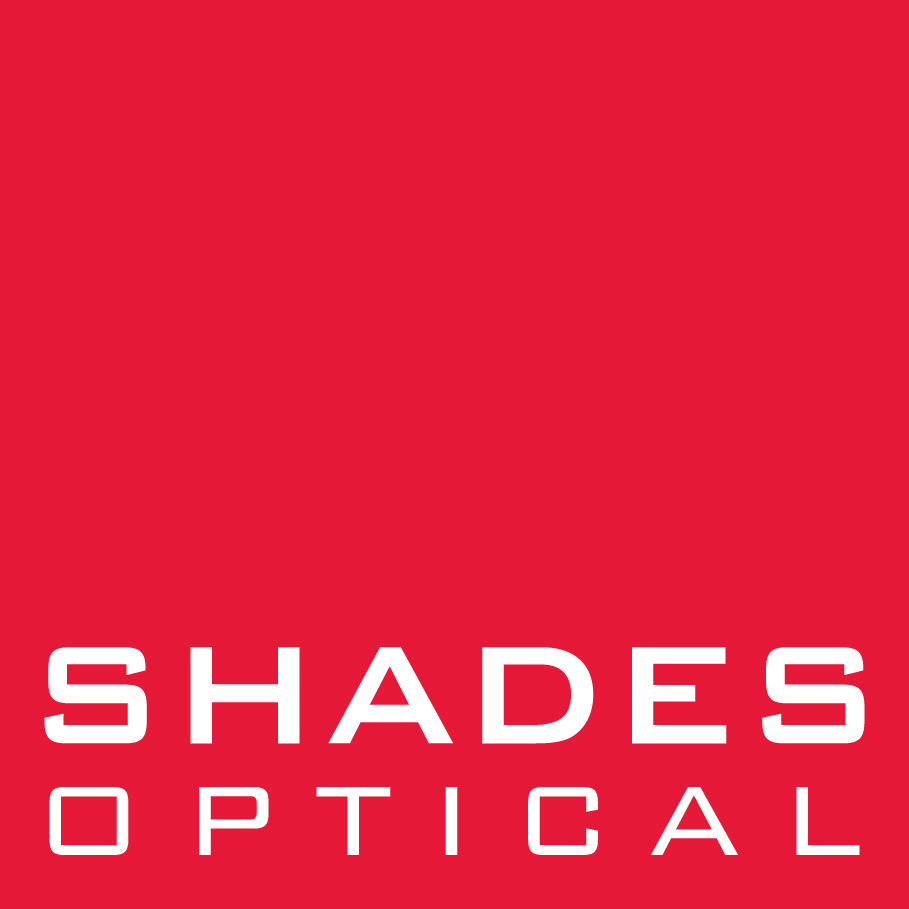The Role of Meibomian Glands in Dry Eye: A Closer Look at the Glands that Keep Your Eyes Comfortable
At Shades Optical, we understand how crucial it is to address the causes of dry eyes, which affect millions of people globally, especially in this digital age. Often, the cause of dry eyes lies in the dysfunction of the meibomian glands, which are located along the rims of your eyelids. Understanding the role these glands play can help us explain why you might be experiencing discomfort, and more importantly, how we can help.
In this blog post, we’ll explore what these glands are, their role in eye health, what happens when they become dysfunctional, and how we can manage and treat dry eye conditions effectively.
What Are Meibomian Glands?
The meibomian glands are tiny, oil-secreting glands located within the upper and lower eyelids. They are responsible for secreting meibum, an oily substance that forms the outer layer of the tear film on your eyes. This oily layer plays a vital role in maintaining eye health by preventing tear evaporation. Without this protective oil, your tears would evaporate too quickly, leaving your eyes dry, irritated, and inflamed.
Each eyelid contains about 25 to 40 meibomian glands. When functioning properly, these glands produce just the right amount of oil to keep the tear film stable and the eyes moist. However, when these glands become blocked or dysfunctional, they can no longer secrete enough oil, leading to evaporative dry eye—a common cause of dry eye disease.
How Do Meibomian Glands Become Dysfunctional?
The condition where the meibomian glands do not function properly is known as Meibomian Gland Dysfunction (MGD). This condition is a leading cause of dry eyes and can occur for various reasons, including:
1. Blockages: The glands can become blocked with thickened oil or debris, preventing the normal flow of meibum onto the surface of the eye.
2. Glandular Atrophy: Over time, if left untreated, the glands may shrink or atrophy, which can result in a permanent loss of gland function.
Important Warning: Once Meibomian Glands Are Lost, They're Gone Forever
This is perhaps the most critical point to understand about meibomian gland health: once these glands atrophy or die, they cannot be restored or regenerated. Think of it like losing teeth - when they're gone, they're gone for good. This permanent loss of glands can lead to chronic, irreversible dry eye conditions that significantly impact quality of life.
This is exactly why at Shades Optical, we evaluate every patient's meibomian glands during every comprehensive exam - not just when symptoms appear. By the time you feel symptoms, you may have already lost glands that can never be recovered. Prevention and early intervention are absolutely crucial.
3. Blepharitis: Inflammation of the eyelids, often caused by bacterial infections or other skin conditions like rosacea, can contribute to gland dysfunction.
4. Age-Related Changes: As we age, the production of oil from the meibomian glands tends to decrease, making older adults more susceptible to MGD.
5. Digital Eye Strain: Prolonged screen time reduces the frequency of blinking, which in turn leads to poor oil distribution across the tear film, further exacerbating gland dysfunction.
Visualizing Meibomian Gland Dysfunction
One of the advantages we have at Shades Optical is the ability to take high-resolution images of your meibomian glands during our comprehensive eye exams. These images allow us to assess the health of your glands, evaluate whether they are producing enough oil, and detect any signs of gland blockages or atrophy.
Seeing the meibomian glands visually can be a revelation for patients. These tiny glands appear like little channels lined up vertically along the inside of your eyelids. When they are functioning normally, they are clear, open, and free-flowing. However, when they become blocked, you can often see a thickened or clogged substance obstructing the flow of meibum.
The Shades Optical Difference: Prevention Through Comprehensive Evaluation
What truly sets Shades Optical apart is our commitment to preventing dry eye before it becomes a problem. Unlike traditional eye exams that might only check these glands when symptoms arise, we evaluate every patient's meibomian glands during every comprehensive exam. This proactive approach allows us to detect and address potential issues before they develop into serious problems. Our treatment philosophy is rooted in our DNA - the holistic trio of stress relief, nutrition, and exercise, combined with cutting-edge technology for precise diagnosis and treatment.
Advanced Diagnostic Technology:
We utilize state-of-the-art equipment to thoroughly examine your eye health
Our advanced imaging systems provide detailed visualization of your meibomian glands, allowing us to track changes over time and adjust treatment plans accordingly
These diagnostic tools help us detect early signs of gland dysfunction before symptoms become severe
Holistic Treatment Approach:
Stress Management: We recognize the impact of stress on eye health and recommend practices like meditation and breathing exercises. We often suggest Joe Dispenza's guided meditations to help reduce stress-related eye tension
Nutrition: We emphasize the importance of a diet rich in omega-3 fatty acids and antioxidants to support gland function and overall eye health
Exercise: Regular physical activity improves circulation, which benefits your meibomian glands and overall eye health
Therapeutic Solutions:
The Aroma Season Heated Eye Mask: We recommend this innovative mask for home treatment, providing consistent, therapeutic warmth to help maintain healthy gland function
Forma-I: Forma-I utilizes state-of-the-art technology to rejuvenate the eye area effectively. It works by employing bipolar radiofrequency (RF) energy, a sophisticated method that stimulates collagen production and enhances blood circulation around the eyes.
4. Preventive Care:
Our hour-long comprehensive exams ensure we have time to thoroughly evaluate your meibomian glands and develop personalized prevention strategies
We provide education about lifestyle factors that can affect gland health, including screen time management and environmental considerations
3. Ongoing Monitoring:
Regular follow-up examinations using our advanced technology allow us to track the effectiveness of treatments
We adjust treatment plans based on your progress and specific needs
Our approach at Shades Optical is unique because we don't just treat symptoms; we address the root causes of meibomian gland dysfunction through a comprehensive, preventive strategy that combines cutting-edge technology with holistic wellness practices. This integrated approach ensures that we're not only treating current issues but also preventing future problems.
Daily Management and Long-Term Care
Successfully maintaining healthy meibomian glands requires a consistent approach:
Regular use of the Aroma Season Heated Eye Mask
Implementation of stress-reduction techniques
Following nutritional guidelines for optimal gland function
Practicing proper screen hygiene and taking regular breaks
Maintaining good overall eye hygiene
Conclusion: Protecting Your Meibomian Glands with Comprehensive Care
Your meibomian glands are irreplaceable - quite literally. Once lost, these essential glands cannot grow back or be restored. This permanent nature of gland loss makes it critical to address any issues early, before damage becomes irreversible.
At Shades Optical, our proactive approach to meibomian gland health isn't just about treating current symptoms - it's about preventing permanent loss of these crucial glands. Through our comprehensive evaluations and personalized treatment plans, we help protect and preserve your meibomian glands for life.
Don't wait until it's too late. Book an appointment today and let us help you protect these invaluable glands while they're still healthy and functioning.
—
Health Disclaimer Notice
Please note that the information provided in this content is strictly for educational purposes only. It should not be considered as medical advice or a substitute for professional healthcare consultation. If you have any concerns or questions about your health, or if you are considering starting any new treatment or therapy, please consult with your physician or another qualified health provider. Always seek the advice of a qualified healthcare professional regarding any medical condition or treatment.





